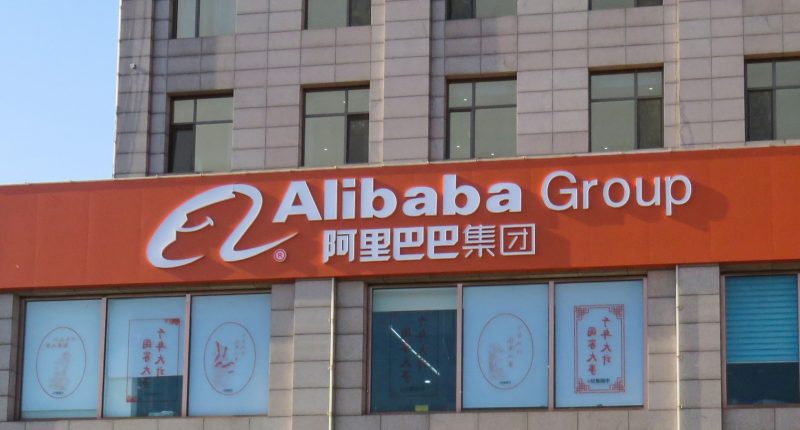In a two-way signal (we’ll talk about that in a bit) to the technology world, China has now pressed harder on Alibaba, slapping a massive $2.78Bn fine for alleged violation of anti-trust rules. Why a two-way signal you ask? Well, while this says to the global world that China is finally getting serious of anti-trust issues, it also tells how difficult it is to do business in the country, if you are not aligned well enough with the communist government.
Earlier, Chinese technology giants ran into an unexpected crisis as the government clamped down on them, citing concerns that they have dominated the market, grew unchecked, and stifled competition for a long time. Chinese giants like Tencent and Alibaba were subject to probes that were part of an unprecedented regulatory crackdown. On Saturday, Jack Ma’s Alibaba felt the ramifications of the crackdown after it was fined a record $2.78 billion (18.2 billion yuan) by the State Administration for Market Regulation for abusing its dominant position in the market and violating the existing anti-monopoly rules.
The noose over Chinese titans has been tightening by the day, and the fine seems to be the latest action as the government continues to pose a large threat to the Chinese tech empires. The Communist Party has already warned its biggest e-commerce and other internet companies to not abuse their dominance in the market to stifle competition.
Alibaba, a giant in the global e-commerce market, has been under scrutiny ever since Jack Ma spoke against the government’s approach to the financial sector in October. An investigation was launched in December to focus on Alibaba’s practice of forcing merchants to choose between selling goods on Alibaba or on its rival platforms. According to a statement by the State Administration for Market Regulation, the fine is equivalent to 4% of Alibaba’s domestic sales in 2019.
According to the regulator, Alibaba’s existing business practices limited the competition and affected innovation, while infringing on the rights of merchants and harming the interests of consumers.
For its part, Alibaba had no qualms accepting the penalty for their practices, saying that they “sincerely” accepted the penalty and would be complying with the regulations. ”Alibaba accepts the penalty with sincerity and will ensure its compliance with determination,” the company said. “To serve its responsibility to society, Alibaba will operate in accordance with the law with the utmost diligence, continue to strengthen its compliance systems, and build on growth through innovation. We will intensify our operation according to the law, further strengthen the construction of the compliance system based on innovation and development, and better fulfill social responsibility.”
As part of the penalty, Alibaba will be required to submit a “self-examination compliance report” within the next three years, as well as strengthen its internal controls, uphold fair competition, and protect businesses on its platform and the rights of the consumers, all part of “comprehensive rectifications.”
The crackdown on Chinese tech giants also saw a planned $37 billion initial public offering (IPO) by Alibaba’s internet finance arm Ant Group get halted and ultimately abandoned. Other tech giants have faced considerable scrutiny, especially since the government had cited concerns that the titans had grown unchecked for a long time and thus accumulated much wealth, influence, and power. Alibaba can bear a testament to that, having expanded into newer sectors like logistics, grocery, entertainment, social media, and travel booking. While this has benefitted behemoths like Alibaba, it has proved the bane for firms who have struggled to compete in the sectors as the giants established their dominance in the markets.
